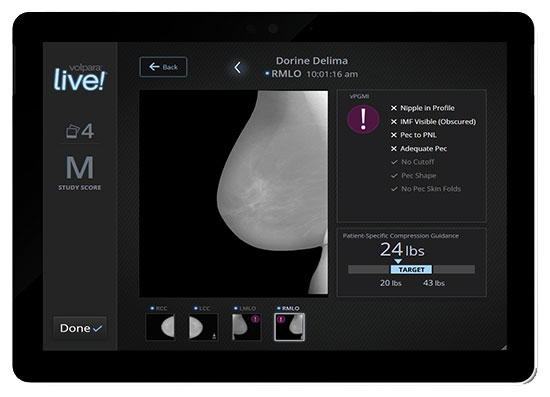Help for the helpers
Decision support systems aim to streamline workflows and help professionals to focus on their field of expertise. Automatized expert assessment in real-time allows for more efficient workflows for the benefit of patients, healthcare professionals and costs. Diagnostic decision support can help to aggregate information and conclude based on experience from diagnosis data collections.
Such tools allow medical professionals to focus on human patients and evidence based diagnosis, while machine generated data is analysed by machines.
What are the challenges?
(1) Good tools require a lot of work. Strong decision support tools in particular do require a cross domain approach from medicine, psychology, science, information technology, data science and math.
(2) Patient safety comes first. Weaknesses like to human experts “obvious” wrong suggestions or software bugs impacting patient safety have to be managed properly through detailed risk-benefit procedures.
(3) Support systems must be robust. Today’s machine learning (“AI”) systems are strongly dependent on the data, which was selected for the development of the smart algorithms. If the data selection is biased, the algorithms’ assessment will be biased. For example if machine learning systems are trained with data from one population and the system is used to assess a different population, the system will likely be inaccurate.
Real-time decision support at the point of care
Decision support systems which provide expert assessment in real-time, can help to streamline workflows where the availability of expert knowledge is a bottleneck. During medical imaging for example images should be checked for the diagnostic value while the patient is still in-house.

During mammography screening Volpara Live! for example, support technicians with real-time feedback about the diagnostic quality of the mammograms. The system reports failed patient positioning metrics and overall positioning scores and supports decisions to make technical repeats.
Diagnostic decision support
Expert systems which support professionals in their field of expertise can help to find better diagnosis. Intelligent digital assistants can help to analyse data and provide conclusions. Other tools can also take individual patient data and estimate likelihoods of individual risks for certain diseases (based on previous recorded cases).
For example, breast cancer risk models (e.g. Tyrer-Cuzick) can be seamlessly integrated into the data flow of patients to provide improved personalized medical care. In a different form the company Ada provides decision support for general medical diagnosis through an interactive dialog system.